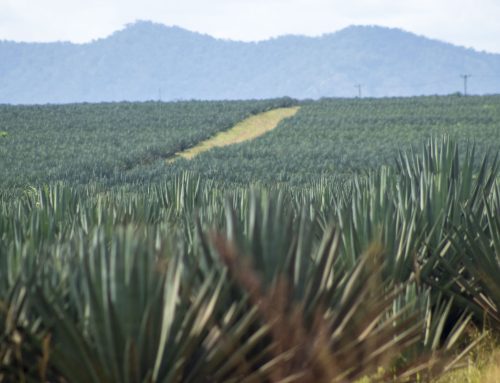Traditional use of biomass for cooking can have harmful effects on people’s health and wellbeing, and the environment, leading to increased emissions of greenhouse gases and other air pollutants, poor indoor air quality and deforestation.
Ethanol cookstoves have recently emerged as a valuable and widely accepted bioenergy option for clean cooking. Ethanol is a plant-based alternative that could be produced from crop residues or dedicated crops in marginalized land, without affecting food production. Ethanol cookstoves have several benefits, such as improved indoor air quality and reduced emissions, but their widespread adoption in developing countries especially in Tanzania faces challenges: limited infrastructure, high costs, and limited awareness about the need for high quality and safety standards for both ethanol cookstoves and fuel. The project aims to facilitate cross-sectoral dialogues for the adoption of sustainable bioenergy, focusing on ethanol for clean cooking in Tanzania markets. It seeks to increase understanding, awareness, and adoption of internationally recognized standards related to ethanol fuel and related cookstoves.
The final objective is to support the increased use of ethanol for household energy, resulting in positive impacts on human health, the global environment, green jobs, and economic growth for farmers.






Leave A Comment